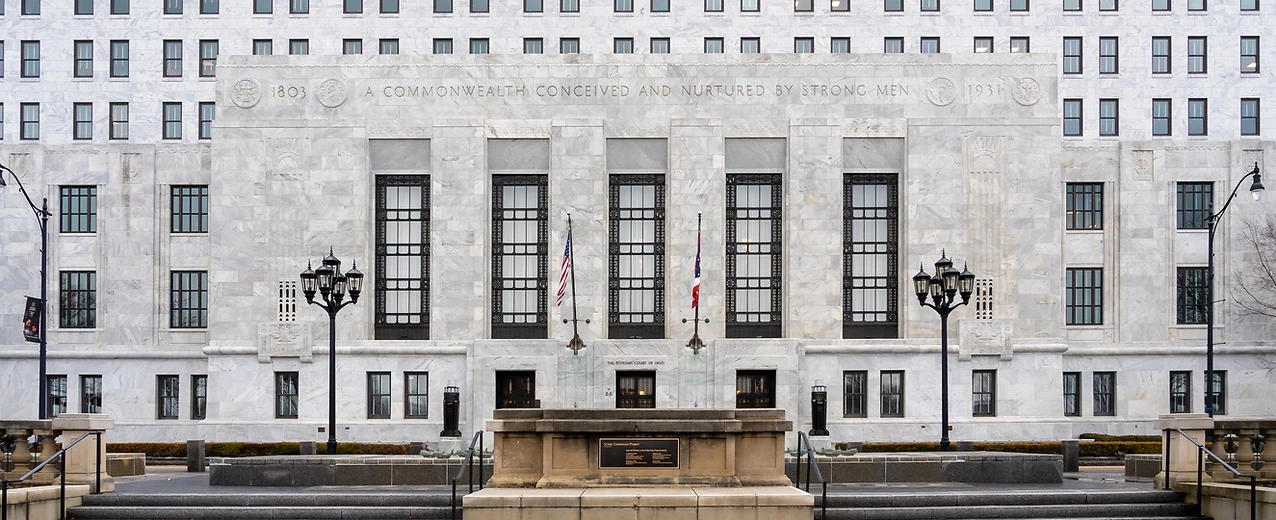Today, there are many laws and regulations governing campaign advertisements through traditional media, such as broadcast and print media. However, despite social media marketing’s growing relevance to election outcomes, there are still no laws governing social media ad sales for political candidates. As recently spotlighted in Wired, the 2016 presidential election demonstrates this loophole.
Not only is it speculated that Russian nationals took advantage of the lack of social media regulations to influence the American political climate and election, but Trump’s own tech-savvy campaign relied heavily on social media leniency. Specifically, Facebook’s preferential treatment to provocative or “clickbait” advertisements allow candidates to promote their messages at cheaper rates than their opponents, according to Antonio García Martínez, a former Facebook advertising product manager. He believes that social media’s influence on elections will only continue to rise.
Campaigns are increasingly using social media advertising as a means of targeting and reaching voters. The laws may never catch up to the furious advancement of social media and technology, but, ideally, voters should be privy to the sources behind these posts and how they are funded.



